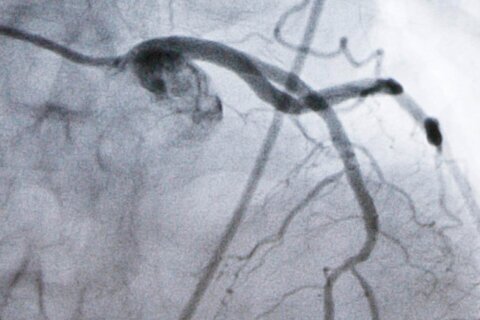WASHINGTON — You already know vitamin D is good for your bones, but a new study suggests it could be good for your brain as you age.
A study published Monday in the JAMA Neurology found that study participants’ average amount of vitamin D and its associated enzyme, 25-OHD, tracked their level of cognitive function.
Vitamin D insufficiency or deficiency “was associated with significantly faster declines” in episodic memory — the ability to remember certain events from your life — and executive function, “which may correspond to elevated risk for incident [Alzheimer’s disease] dementia,” the study says.
The study found no decline in semantic memory — what you might think of as general knowledge — or the ability to see the spaces between objects.
The researchers also found that black and Hispanic study participants were more likely to have an insufficient amounts of vitamin D.
The study was conducted by researchers from Rutgers University and the University of California, Davis, on 382 people who averaged 75.5 years of age; were white, black and Hispanic, and had varying amounts of cognitive function.
Find the study in JAMA Neurology.








